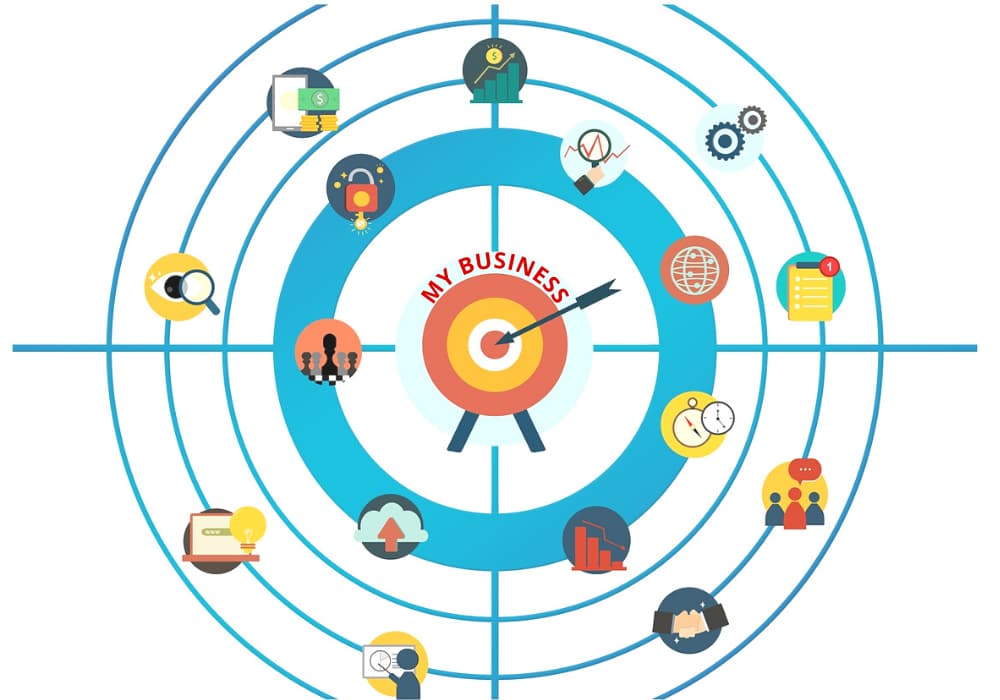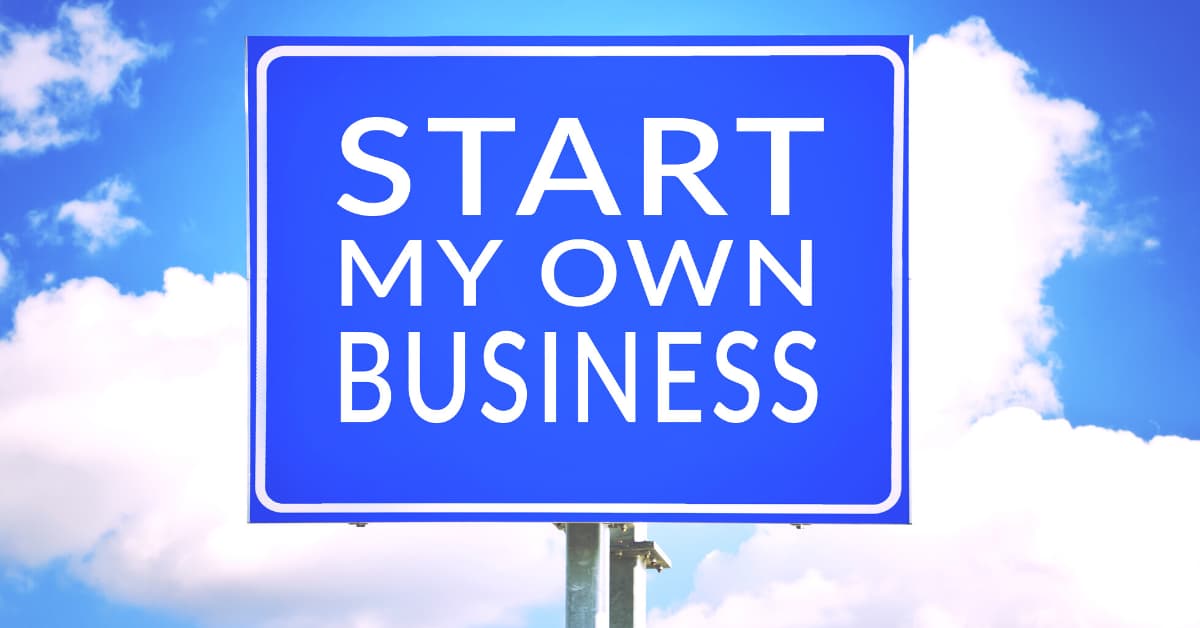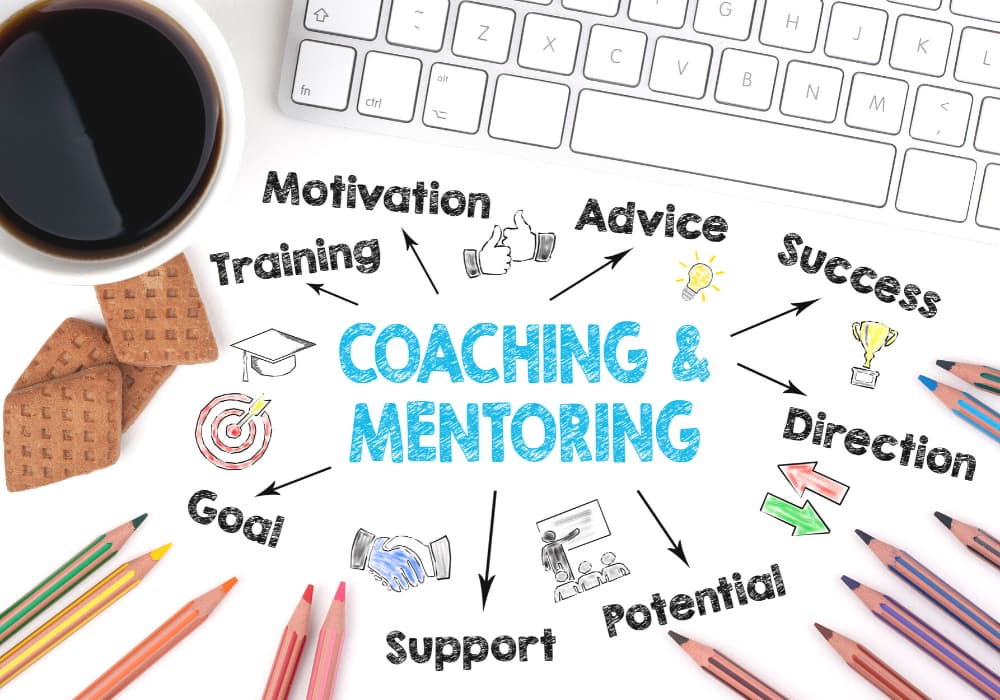So, you know you want to be your own boss. Then, what’s stopping you from walking out of your job to start your business today?
Hold on to your job until you have a plan
You will most likely have commitments, obligations, and responsibilities that show up monthly, weekly, and even daily.
It would not be smart to risk any of those commitments with rushed and hazardous actions. You would put both yourself and your new business under immense pressure if you were under the gun right off the starting blocks.
You’ll also make a smoother transition if you wait to gain the support of your family, your investors, and the other important people within your close circle.
So, instead of just pulling the plug, plan your escape from your employment with both common sense and integrity in mind. 🎯

How to prepare yourself for big changes
Changes are very hard to make, especially big ones. The human mind naturally makes us create and stick to conditions of safety in all areas of our life.
Most people tend to feel safe when they stay within the boundaries of what they already know and have experienced before, within environments which are familiar to them. This is why many professionals end up staying in the same permanent job for years and even decades.
So, the first step to take before starting your new business is to acknowledge this and put some effort in to gain the right MINDSET to make the switch.
You don’t necessarily have to be a natural-born entrepreneur. You just need to stretch yourself out of your comfort zone and embrace change. How?
💡 You can start doing so by raising your AWARENESS of the changes that will happen in your life when you start your new enterprise.
To do this, ask yourself these explorative questions:
- How will my new business affect my level of motivation at work?
- How will running my own business change my daily schedule?
- What changes will I need to make in my household and work spaces?
- What impact will my new business have on my social life?
- How will my business affect the people in my family unit?
💡 Then, double-check your own COMMITMENT to these changes.
Try and ask yourself these self-validating questions:
- What am I missing now – in my present life as an employee?
- What am I leaving behind by taking the leap?
- What will I gain in my life after I’ve made the switch?
This is just a start but, as they say, knowing is half the battle!

How to prepare your future business for success
As part of your prepping phase, it’s fundamental that you do plenty of research on your future business field and get all your questions answered before you make any decisions.
Here are 3 actions to take that will save you a lot of time and money down the line.
1> Get an insider’s opinion.
- If you get an insider’s view of the business, you will have a little taster of what you will likely experience in future.
- Find someone who has already walked the path you intend to tread and ask them, “If you were doing this all over again, what would you do differently?” Their answer will give you some valuable insights.
2> Make a plan for how you will generate a profit.
- Work out the most effective way to launch the products or services of your new business into your chosen market(s). This is what we call a Go-To-Market strategy and requires both a business and a marketing plan.
- It’s also important to figure out what you need to have in place from the start, to scale the business at a later stage. So, think about how you’re going to attract and retain larger volumes of customers in future.
3> Define how much time you need to get the business started.
- Firstly, assess how much spare time you can use to get your business off the ground. If you are starting alone, the more effort you put in, the quicker everything will go. If you have business associates instead, you’ll need to define your Roles & Responsibilities’ split and align your schedules.
- Then, work out how long will it take for your business to generate the income level you need to sustain yourself. Make a good estimate based on all the information you’ve collected so far.
Once you’ve determined these aspects, you will be able to create an initial timeline for leaving your current employment. Remember to factor in some wiggle room for the unexpected, some down-time, and even some holidays.
So, now you can quit your job, right? Not yet!

How to start your business the wise way
Before you resign from your job, take on board these 3 strategic considerations.
1> Plan an overlap phase between your job and your business.
Many people get their business into the marketplace by working part-time from home while they keep their regular job intact.
Even if it takes 9 months or a year to get it working efficiently and effectively, it’s got to be worth it, right?
2> Work smarter, not harder.
Your new business should have no requirement for you to work 50 or 60 hours a week.
If you agree with this, seriously consider how you’ll be able to work smarter when you make the switch. Your success will come from having a business PLAN, an effective marketing STRATEGY, and the right MINDSET to follow through it.
So, ask yourself: “What else do I need to do to ensure I have these 3 elements covered?”.
3> You don’t have to do it alone.
One of the reasons why you haven’t launched your business yet may be that you are lacking some of the skills that are needed for your business.
So, go through the following assessment: “Who else could help me on my present plans?”.
You don’t need to hire an employee straight away. You could find: business partners, regular collaborators, external consultants, freelancers and even people willing to do a mutual exchange of services.
This way, you play to your strengths, they play to theirs, and you don’t have to worry about any weaknesses.
💡 Key takeaway: if it’s worth it, do it!
Transitioning into your new entrepreneur life will take time but, if that IS your goal, one year from now…
… You may be looking back at the job you once had and think “Why didn’t I make the switch before?”. 🎯
Chat To Me.
If you are ready to see some changes in your career or business, let’s chat!








